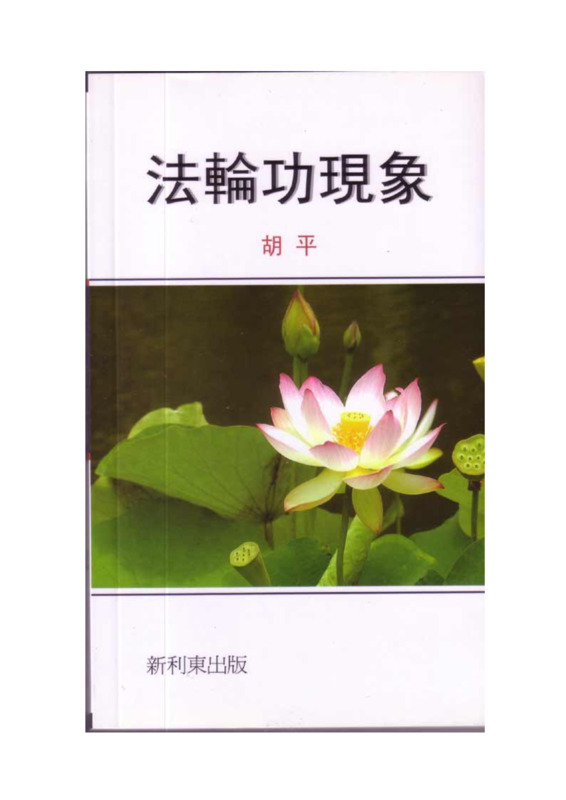Explore the collection
Showing 6 items in the collection
6 items
Article
Facts of the 1958-1962 Disaster in Fengyang County, Anhui Province
The author of this book, Luo Pinghan, is a native of Anhua County, Hunan Province. He graduated from the Party History Department of Renmin University of China and served as director and professor of the Party History Teaching and Research Department of the Party School of the Central Committee of the Communist Party of China. This book was published by Fujian People's Publishing House in 2003.
With Mao Zedong's affirmation, the system of people's communes was rapidly promoted across the country in 1958. At that time, the people's commune was both a production organization and a grassroots political power. Its rise and fanatical development are closely related to the subsequent Great Famine.
As a scholar within the system, the author’s view of history also belongs to orthodox ideology. Although this book is narrated from the official ideology of the CCP, it uses rich and detailed historical materials to comprehensively and systematically introduce the history of the People's Communes, giving it a reference value for a comprehensive understanding of this movement.
Book
Hu Yaobang and the Vindication of Wrongful Convictions.
This book recounts Hu Yaobang's efforts to overturn people falsely accused of being "Rightists" during the Anti-Rightist Campaign of the 1950s. It is written by Dai Huang (1928-2016, formerly known as Dai Shulin), a Communist propagandist and later senior editor at the Xinhua News Agency, who was also persecuted in the Mao era and rehabilitated thanks to Hu's efforts.
This means that the book is not entirely objective–Dai does not analyze too closely Hu's history of slavishy following Mao's policies. Instead, he aims to capture the excitement felt by the hundreds of thousands who suffered in the Mao era and who were rehabilitated in the 1970s and '80s thanks to Hu. At 300,000 Chinese characters, or more than 200,000 English words, it is a weighty compendium that includes previously unreported details of famous public intellectuals and party members persecuted by the party and how Hu rehabilitated them. For example, Dai recounts the case of Ge Peiqi, who was a Communist Party spy who was toppled for his opposition to the party's corruption and privilege. Dai explains the case in depth and how Ge was eventually cleared.
Dai represented a liberal wing of the party that believed in the need for the party to address its mistakes. At his funeral people such as Du Daozheng (the editor of China Through the Ages 炎黄春秋) and Tie Liu (publisher of the alternative history journal 往事微痕) attended. The book also contains a preface by Li Rui, who participated in China Through the Ages and was also a mainstay of the party's liberal wing.
Article
Memorandum on "Three Years of Natural Disasters"
The years 1959-1961 were very unusual in the history of disasters in China and the world in the 20th century. Anyone who has experienced it will recall the starvation years and the days when people starved to death everywhere. However, due to official concealment and denial, the number of people who died in this disaster has never been officially announced.
The purpose of Jin Hui's article is to estimate the number of unnatural deaths during the three years of the 1959-1961 disaster in China. Based on public data released by the authoritative National Bureau of Statistics in China Jin concludes that about 40 million people died, which roughly matches studies by foreign scholars, who have estimated up to 45 million.
Book
Rethinking China's Democracy Movement
Author Hu Ping was involved in the Xidan Democracy Wall movement in the late 1970s and now lives in the United States.
He has successively chaired the pro-democracy publications <i>China Spring</i> and <i>Beijing Spring</i>. This book, published in 1992, analyzes the reasons for the failure of the June Fourth Movement and summarizes the lessons learned. The last two chapters suggest how to continue the pro-democracy movement in the future.
Book
The Falun Gong Phenomenon
This book is a collection of several long articles and commentaries by Hu Ping on Falun Gong and the persecution and repression against Falun Gong practitioners. From an independent perspective, this book responds to a series of unfair criticisms and stigmatization of Falun Gong by the Chinese authorities and the public, calling on society to fight for the basic rights of Falun Gong practitioners who have been persecuted.
Book
On Freedom of Speech
“On Freedom of Speech” is a treatise by Hu Ping. It was first published in 1979. A revised version was published in 1980, when Hu ran for local elections at Peking University. The treatise was later published in Hong Kong in 1981 and again in a Chinese journal in 1986. Multiple publishing houses in China made plans to distribute the treatise in book form, but China’s anti-liberalization campaign prevented the books from publishing.
“On Freedom of Speech” explains the significance of freedom of speech, refutes misunderstandings and misinterpretations of freedom of speech, and proposes ways to achieve freedom of speech in China.
This document, provided by the author, also includes the content of the symposium held after the publication of “On Freedom of Speech” in 1986, as well as the preface written by the author in 2009 for the Japanese translation of this treatise.





